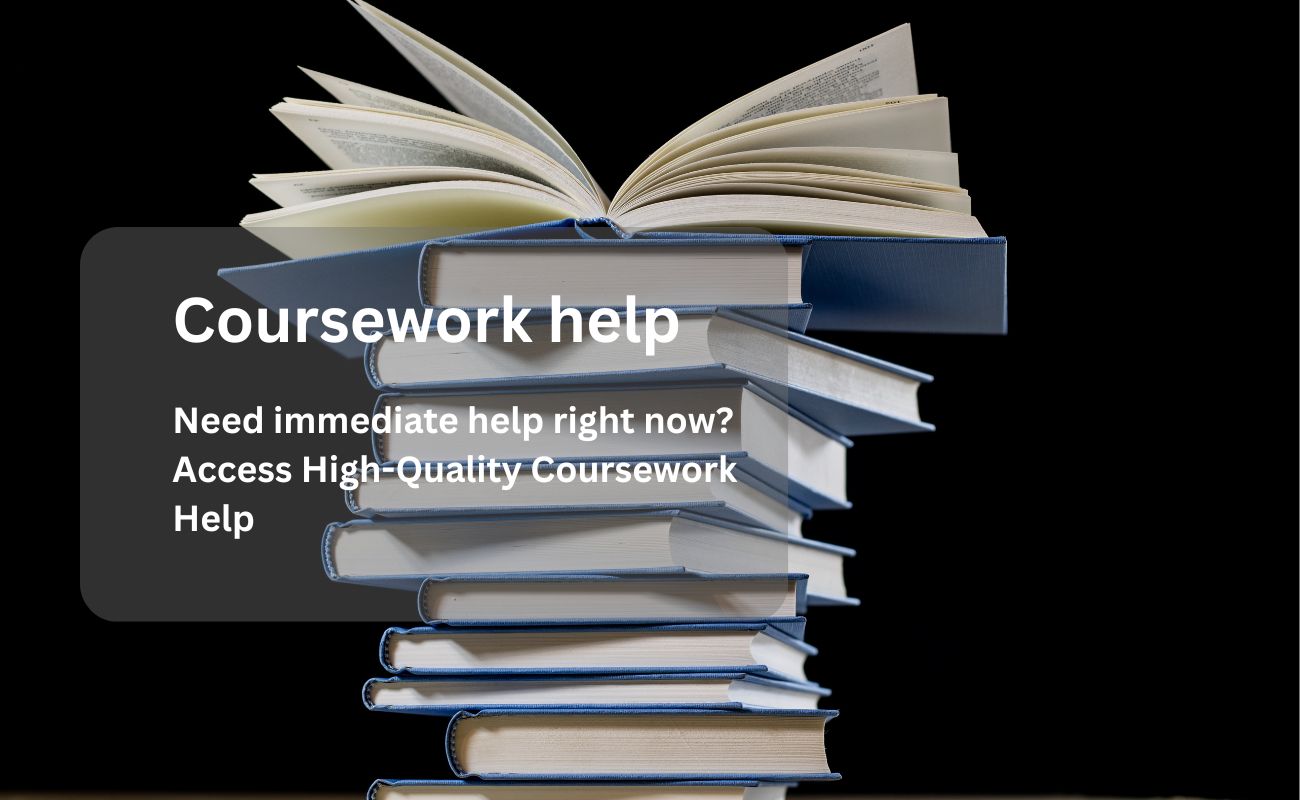The Importance of Financial Literacy in Schools
Financial literacy is an essential life skill that enables people to make informed financial decisions and successfully navigate the complexities of money management. Unfortunately, many young Australians leave school without a strong understanding of personal finance, putting them at risk of financial stress in adulthood.
According to a 2022 Financial Review article, Australians’ financial literacy declined between 2016 and 2020. Data from the Household, Income and Labour Dynamics in Australia (HILDA) survey, which tested financial literacy across 17,000 households, revealed a troubling trend:
Declining Financial Literacy Scores
| Age Group | 2016 Average Score (out of 5) | 2020 Average Score (out of 5) |
|---|---|---|
| 15-24 | 3.4 | 2.9 |
| 25-34 | 3.9 | 3.6 |
| 45-64 | 4.2 | 4.1 |
Additionally, men’s average financial literacy scores dropped from 4.1 in 2016 to 4.0 in 2020, while Australian women’s scores fell from 3.7 to 3.5. Roger Wilkins, the deputy director of the HILDA survey, linked this decline to a drop in the number of students taking economics in high school. The Reserve Bank of Australia (RBA) also noted a dramatic 70% decrease in Year 12 Economics enrolments in the three years leading up to 2020.
The Case for Teaching Financial Literacy in Schools
The modern financial landscape is more complex than ever, with young Australians needing to navigate rising living costs, digital banking, buy-now-pay-later schemes, and cryptocurrency investments. Schools play a crucial role in preparing students for these challenges by integrating financial literacy into the curriculum.
Early financial education fosters:
- Better spending habits: Students who learn about money management are more likely to avoid unnecessary debt and impulsive purchases.
- A culture of saving and investing: Teaching young people about savings, superannuation, and investment options helps them build long-term financial security.
- Future financial independence: When students understand credit, budgeting, and financial planning, they can make informed choices about homeownership, loans, and retirement planning.
By providing financial education in Australian schools, we equip students with the skills to make responsible financial decisions, reducing their likelihood of falling into financial hardship later in life.
Integrating Financial Education into the Curriculum
Financial education Australia is slowly gaining traction, with some schools incorporating financial literacy into subjects like Mathematics, Humanities, and Business Studies. However, a more structured and consistent approach is needed nationwide.
How Schools Can Integrate Financial Education
- Mathematics: Teach students practical skills such as budgeting, calculating interest rates, and understanding inflation.
- Humanities & Social Sciences: Explore economic systems, consumer rights, and the impact of financial decisions on society.
- Business & Economics: Help students understand entrepreneurship, investments, taxation, and financial markets.
Collaboration between teachers, financial institutions, and government agencies can further enhance financial literacy programs, ensuring that young Australians receive comprehensive and practical financial education.
Essential Financial Concepts for Students
Financial literacy education should cover key concepts that help students develop strong money management skills. These include:
- Budgeting and Money Management: Teaching students how to create a budget, track expenses, and set financial goals helps instil discipline and financial responsibility.
- The Value of Saving and Investing: Introducing young people to savings accounts, compound interest, and investment options prepares them for long-term financial growth.
- Understanding Credit and Debt: Educating students on credit scores, responsible borrowing, and the risks of high-interest debt can prevent financial difficulties in the future.
- Banking and Financial Institutions: Familiarising students with different banking services and how to manage their accounts effectively ensures they can make informed financial decisions.
Effective Strategies for Teaching Financial Literacy
Teaching finance in schools should go beyond textbooks and involve interactive, real-world learning experiences.
Engaging Teaching Methods
- Hands-on learning: Simulations, role-playing, and budgeting exercises help students apply financial concepts in realistic scenarios.
- Technology integration: Online resources, budgeting apps, and financial games make learning engaging and accessible.
- Guest speakers and workshops: Inviting financial experts, entrepreneurs, and economists to speak at schools provides students with valuable industry insights.
The Role of Parents in Financial Education
Parents play a crucial role in reinforcing financial lessons taught in schools. Encouraging open discussions about money, setting family savings goals, and involving children in household budgeting can significantly enhance financial literacy.
Ways parents can support financial education:
- Encourage saving habits: Provide children with pocket money and guide them in setting savings goals.
- Teach smart spending: Involve children in grocery shopping and compare prices to develop cost-conscious habits.
- Discuss financial decisions: Explain credit cards, loans, and bills to help children understand financial responsibility.
Conclusion: A Brighter Financial Future for Young Australians
Financial literacy is not just a subject; it is a life skill that empowers young Australians to make informed financial decisions and secure their future. By integrating financial education into the school curriculum, leveraging engaging teaching methods, and involving parents in financial discussions, we can equip students with the tools they need to succeed in an increasingly complex financial world.










